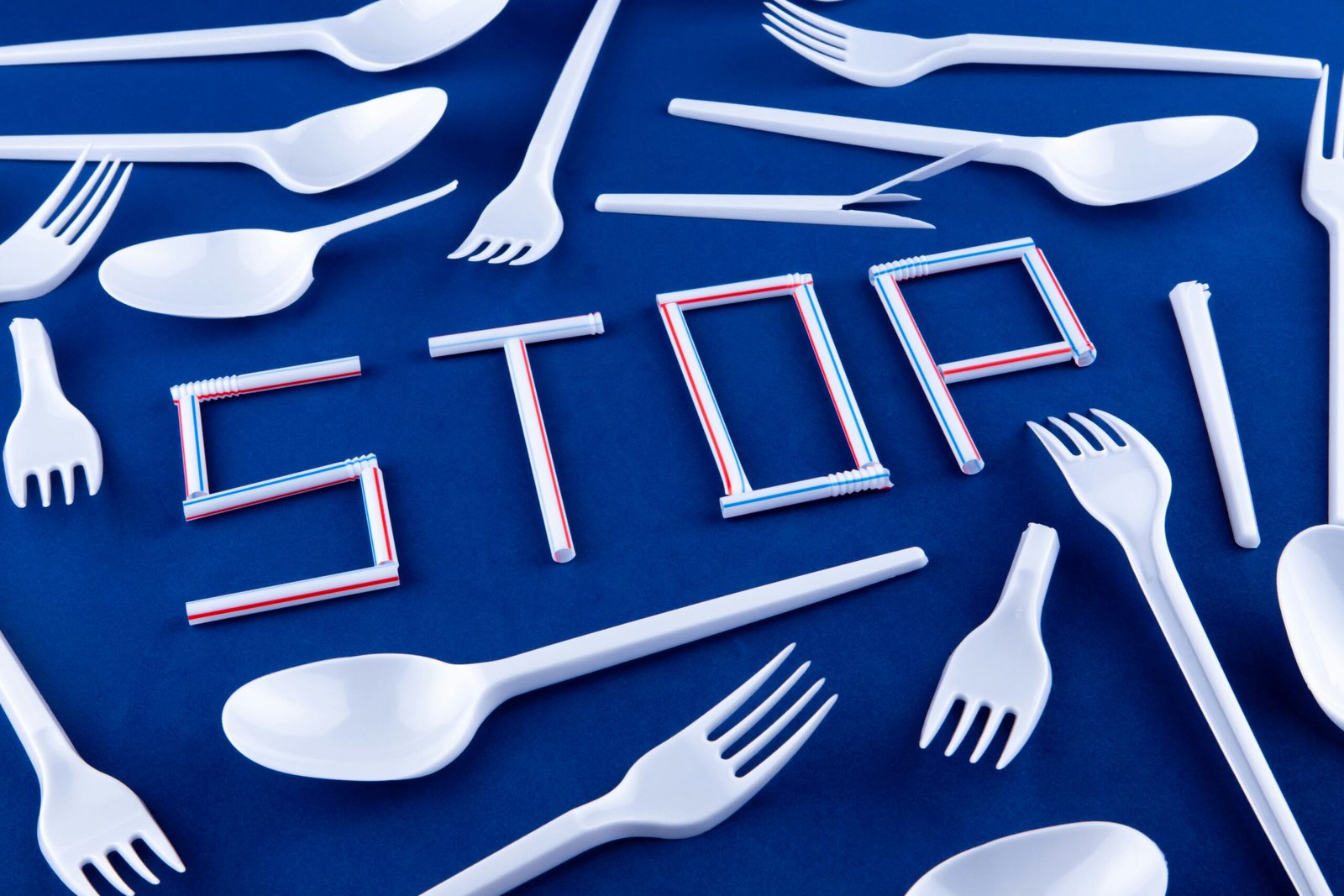In recent years, there has been a growing global movement to reduce the use of single-use plastics. As people become more aware of the environmental impact of plastic waste, individuals, communities, and businesses are taking action to find sustainable alternatives. In this blog post, we will explore some of the latest movements and initiatives that are paving the way towards a plastic-free future.
The Rise of Zero-Waste Stores
One of the most promising developments in the fight against single-use plastics is the rise of zero-waste stores. These stores offer an alternative to traditional grocery shopping by providing customers with packaging-free options. Customers bring their own reusable containers and bags, filling them with products like grains, pasta, and cleaning supplies. By eliminating the need for plastic packaging, zero-waste stores are making a significant impact on reducing plastic waste.
These stores also encourage customers to buy only what they need, reducing food waste in the process. The concept of zero-waste shopping has gained popularity in recent years, with more stores opening up in cities around the world. It’s a simple yet effective way for individuals to make a difference in the fight against plastic pollution.
Corporate Initiatives
Many businesses are also taking steps to eliminate single-use plastics from their operations. Large corporations such as Starbucks and McDonald’s have pledged to reduce or eliminate plastic straws, while others have committed to using more sustainable packaging materials. These initiatives not only help to reduce plastic waste but also set an example for other businesses to follow.
Some companies have gone even further by developing innovative solutions to replace single-use plastics. For example, a startup called Loliware has created edible cups made from seaweed, providing a biodegradable alternative to plastic cups. These corporate initiatives are essential in driving change and pushing for a more sustainable future.
Government Regulations
Government regulations play a crucial role in the fight against single-use plastics. Many countries have implemented bans or restrictions on certain plastic items, such as plastic bags or straws. These regulations help to raise awareness about the issue and encourage individuals and businesses to find alternatives.
For instance, in 2019, the European Union implemented a ban on single-use plastics, including items like plastic cutlery, plates, and cotton buds. This move is expected to reduce plastic pollution and promote the use of more sustainable materials. Similar regulations have been adopted by other countries, demonstrating a global commitment to tackling the plastic waste problem.
Community-Led Initiatives
At the grassroots level, community-led initiatives are making a significant impact in the fight against single-use plastics. Local groups and organizations are organizing beach cleanups, plastic-free campaigns, and educational programs to raise awareness about the issue.
These initiatives not only help to clean up our environment but also inspire individuals to make changes in their own lives. By promoting reusable alternatives and encouraging recycling, these community-led initiatives are creating a culture shift towards a more sustainable future.
The Power of Individual Actions
While large-scale movements and initiatives are crucial, it’s important to remember that individual actions also play a significant role in reducing plastic waste. Simple changes like carrying a reusable water bottle, using a cloth bag for shopping, and opting for products with minimal packaging can make a big difference.
By making conscious choices and spreading awareness, individuals can contribute to the plastic-free movement. Every small step counts, and together, we can create a cleaner and healthier planet for future generations.
In conclusion, the fight against single-use plastics is gaining momentum, thanks to the efforts of plastic-free pioneers around the world. From the rise of zero-waste stores to corporate initiatives, government regulations, and community-led initiatives, there are many reasons to be hopeful for a plastic-free future. By working together and making sustainable choices, we can pave the way for a cleaner and greener planet.



































